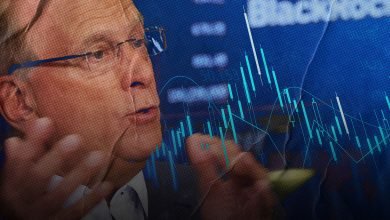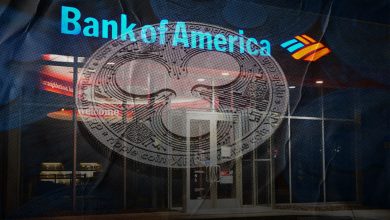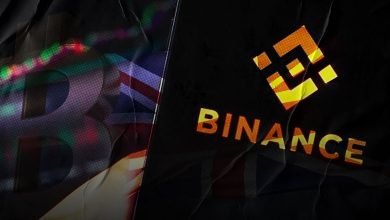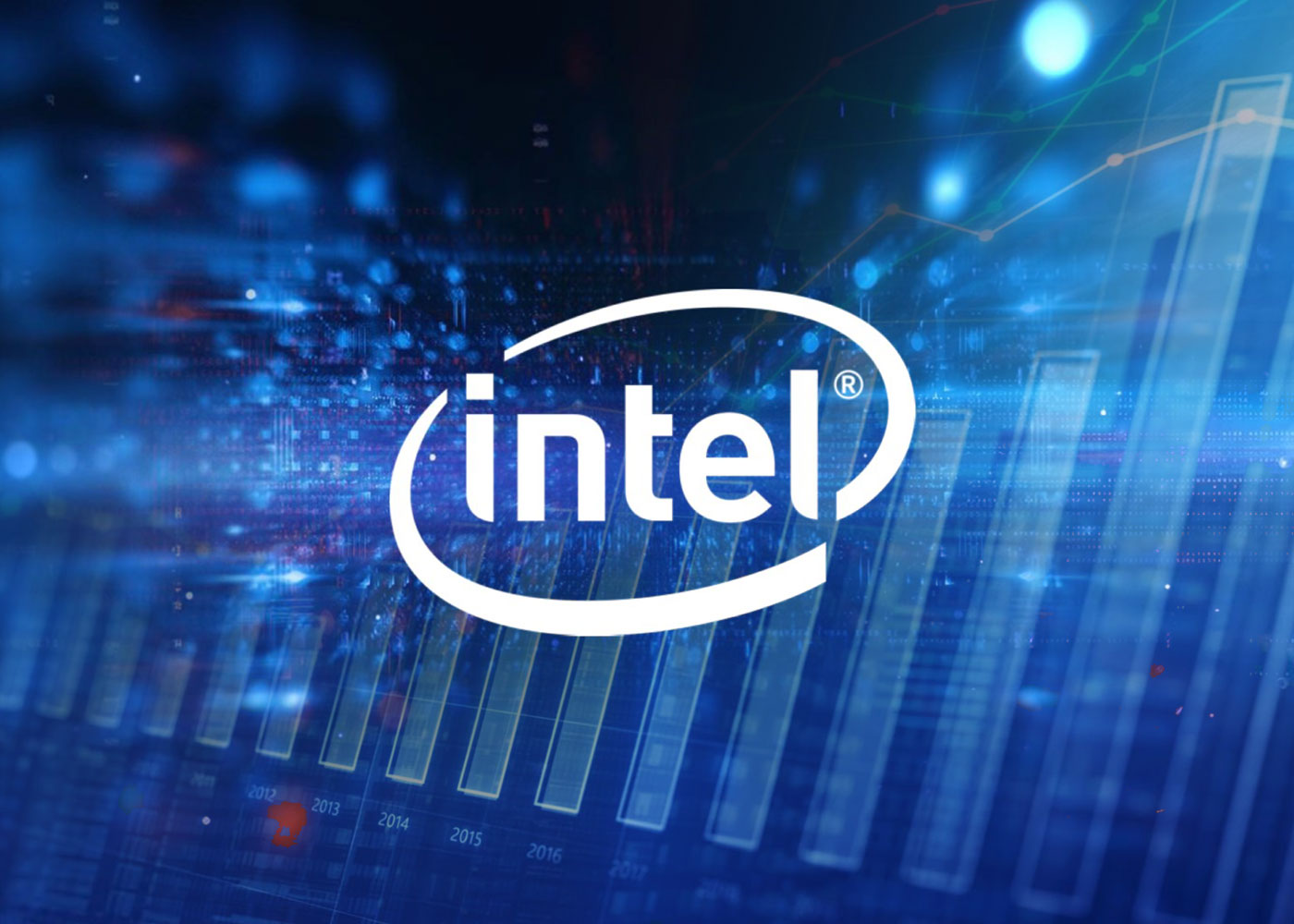
Intel experienced a huge hit, with their stock dropping by 6.41% to $28.16 on the NASDAQ exchange – at one point, even declining in double digits. This drop is especially concerning when we look back two years ago when Intel was near its all-time high of just under $70 per share. In stark contrast, AMD’s stocks rose 0.32% to $75.40 and have seen an increase of 17% since the start of this year.
Intel Might Hit Rock Bottom Soon.
Analyst Ross Seymore from Deutsche Bank shared his concern over Intel’s underwhelming forecast for the first quarter, which predicts a 22 percent decrease in revenue compared to the fourth quarter. He described it as “the worst quarter-on-quarter decline since the financial crisis” and noted that Intel broke with its traditional practice of providing full-calendar-year guidance.
Seymore is convinced that the current quarter could finally signify a financial turnaround, yet he can’t help but be frightened of its potential magnitude. Such apprehension may lead investors to doubt not only if their returns are possible but also when exactly structural corporate revival will occur.
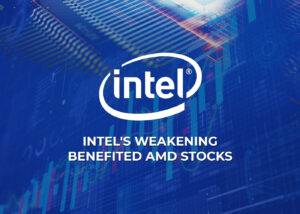
Big Investment Companies Are Pessimistic, Too.
Chris Caso, an analyst at Credit Suisse, gave a dismal forecast for Intel and decreased his estimation of the stock’s price. Furthermore, two large US investment firms – JPMorgan and Bank of America – both bearish on Intel’s prospects and also cut their own forecasts. According to Harlan Sur from JPMorgan, due to AMD’s growing competition, as well as its “mediocre track record” in certain areas, makes it hard for Intel to bridge the gap in performance between them, even during these trying economic times.
Intel is facing a challenging period as the veteran in semiconductors struggles with slumping PC markets and diminishing revenues from data centers. In Q1, sales across both divisions fell by over 30%, while operating profit dipped an astonishing 80%. Unfortunately, Intel CEO Pat Gelsinger has not seen any signs of improvement for the current quarter due to weak economic conditions.
Tesla Main Shareholder, Leo Koguan, Accused Elon Musk of Deliberately Lowering Tesla’s Share Price


